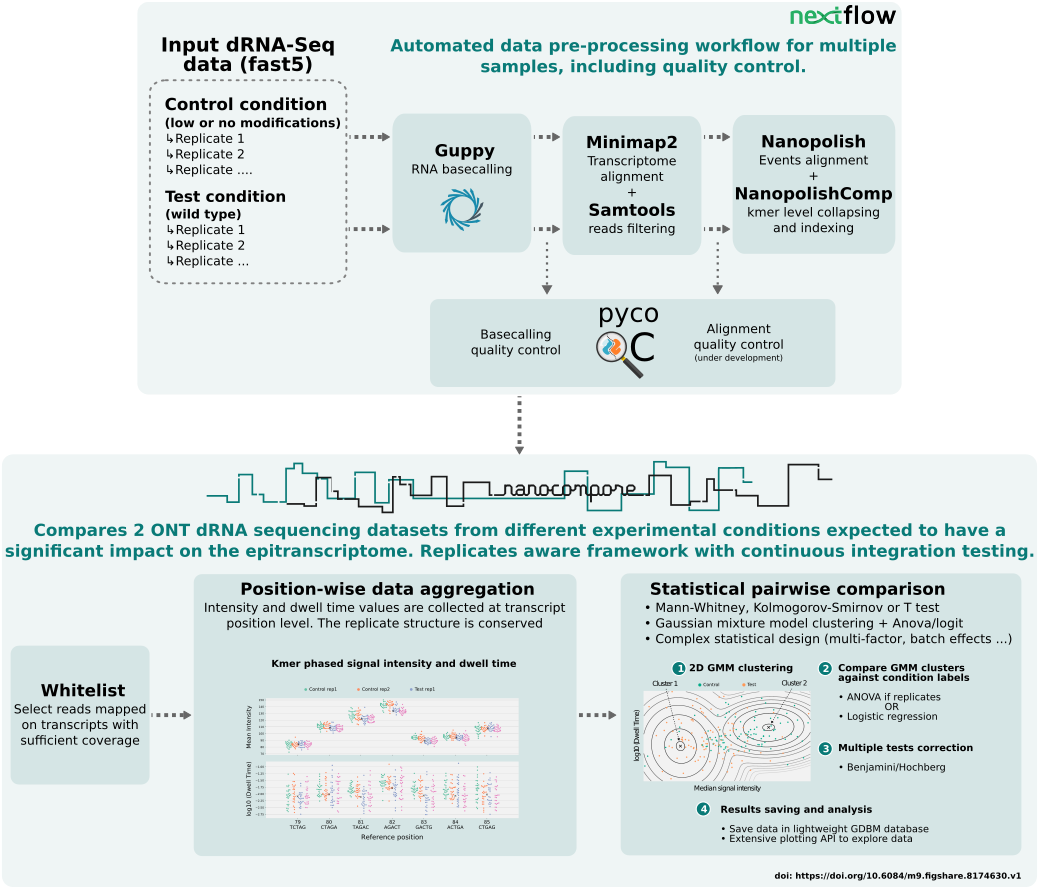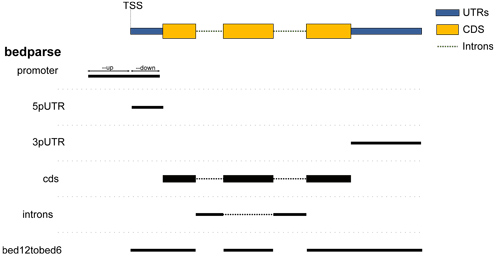Over the last two decades the field of biology has increasingly become a data-driven discipline. Thanks to the remarkable rise in the availability and diffusion of "omics" methods, the typical research lab now generates extraordinary amounts of data, which provide an invaluable resource for the scientific community to make predictions or draw unforeseen conclusions. Such explosion in the breadth and depth of readily available data has created the need for innovative analytical methods and statistical approaches, capable of dealing efficiently with large volumes of data and extracting insightful information. Along these lines, the "Computational RNA biology" lab develops algorithms, software and data-analysis strategies to study the function, evolution and regulation of RNA molecules. We have a particular focus on the application and development of methods based on Nanopore direct RNA-Sequencing, a new technology that for the first time allows to sequence full-length, native RNA molecules without the need for retrotranscription or amplification. By designing and creating dedicated tools we can leverage the potential of this technology to dissect the transcriptional output of complex loci, quantify isoform expression and determine non genomically encoded transcript features, such as epitranscriptional modifications or polyA tail length.
Our lab adheres to the principles of open science and open source software and we are committed to developing cutting-edge analytical methods and releasing them to the scientific community as open source software packages. We do so by adhering to modern software development best practices, such as thorough unit testing, continuous testing/integration, and heavy use of containerization for dependency management and full reproducibility.


